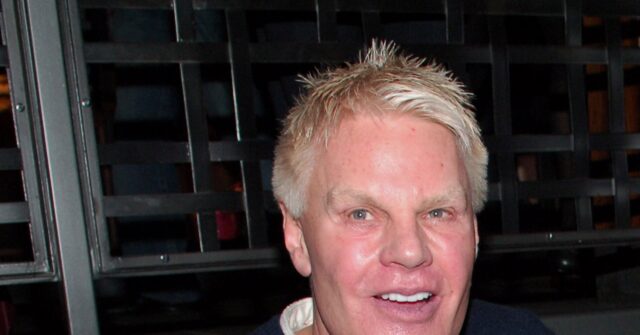Mike Jeffries, the former CEO of Abercrombie & Fitch (A&F), has recently been arrested alongside his British partner, Matthew Smith, on serious sex trafficking charges. The arrests, reported by NBC News, took place in West Palm Beach, Florida, while another associate, James Jacobson from Wisconsin, was also implicated in the ongoing investigation into trafficking activities involving young men. The individuals are expected to make their initial appearances in federal court in both Florida and Wisconsin, with arraignments scheduled for a later date in the Eastern District of New York.
Jeffries held the position of CEO at A&F from 1992 until 2014, stepping down with a significant retirement package of $25 million. His leadership era at the iconic clothing brand was marked by a distinct marketing strategy that often focused on youth and sexuality, contributing to the company’s highly visible brand image. However, his arrest has cast a shadow over his legacy and raised questions about the corporate culture during his tenure.
This arrest comes a year after an investigative report by BBC News revealed allegations surrounding Jeffries’ involvement in sex parties that he reportedly hosted, exploiting young men. The disturbing accounts shared by 12 individuals involved in or witnessing these events described environments where sexual acts were facilitated for Jeffries and his partner. These alleged incidents took place over a six-year period from 2009 to 2015, with some former attendees claiming they felt coerced or exploited during the gatherings.
In light of these grave accusations, both Jeffries’ and Smith’s legal representatives have vehemently denied any wrongdoing. Jeffries’ lawyer expressed a commitment to addressing the allegations in court rather than through media outlets, suggesting a strategy of restraint until the indictment is formally unsealed. This legal approach indicates that the defense intends to formulate a thorough response to the charges once they are able to review the complete details of the indictment.
The implications of these allegations could resonate far beyond the individuals involved; they raise critical discussions about accountability and the corporate environments that can enable such behaviors. As a figure who once led a powerful retail brand, Jeffries’s case invites scrutiny of not only his personal conduct but also the practices and policies that may have allowed such actions to persist under his watch.
As the legal proceedings unfold, the public and media alike will be watching closely, not only for the outcomes pertaining to Jeffries, Smith, and Jacobson but also for any wider industry implications regarding the treatment of people and ethical responsibilities in corporate leadership. The allegations against Abercrombie & Fitch’s former CEO may act as a catalyst for deeper exploration into how fashion and retail industries have navigated, or failed to navigate, issues of consent and exploitation.

